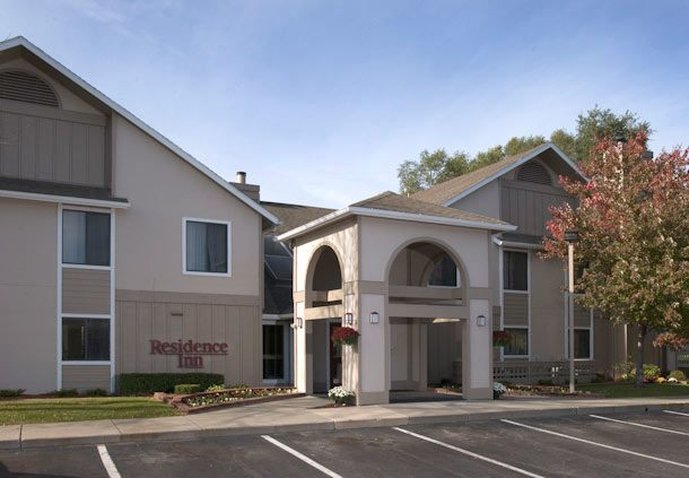Oddly, no references to studies scientifically validating eHarmony’s methods appear on the company’s website
Other eHarmony Claims
All this seems very impressive, but there are questions about the validity of eHarmony’s much-vaunted �scientific, 29-dimension� tests. Does its �science� greatly improve the quality (or odds) of a match? How well do its tests construct validity? What were the control measures? What is the scientific evidence for these claims?
Steven Carter, director of research at eHarmony, wrote an article in the APS Observer (published by the Association for Psychological Science) about his work. Instead of offering data or empirical evidence that eHarmony’s matching system is valid (or superior to other dating sites’ systems), Carter (2005) boasted about how helpful his work was to lonely singles and that �working at eHarmony has, in many ways, been a dream job.�
While Carter offered little support for his claims, he did state that �to date, we estimate that over 9,000 eHarmony couples have married.� That statistic, if true, clearly doesn’t tell the whole story, as it cherry-picks the successes and omits the failures. How many of the eHarmony matches were incompatible? If, by one count, there are more than twenty million eHarmony members looking for matches or marriage, 9,000 may not seem like that impressive a success ratio. Furthermore, the real question would seem to be how many of those 9,000 marriages lasted longer than average; for all we know, most of the eHarmony couples may have since divorced.
Evaluating the Claims
Nor was I able to find any published research in an online literature review. There is actually very little available information about eHarmony’s methods, which raised a troubling question in the mind of Robert Epstein, a contributing editor to Scientific American Mind: �Why would a major company such as eHarmony, which claims to have 12 million members, not subject its �scientific, 29-dimension’ test to a scientific validation process?� (Epstein 2007). He noted that eHarmony representatives  presented a paper in 2004 that claimed eHarmony couples were happier than couples who met through other means, �But this paper still has not been published, possibly because of its obvious flaws.� Four years after Epstein wrote that, there still appeared to be little or no data on eHarmony’s methods.
presented a paper in 2004 that claimed eHarmony couples were happier than couples who met through other means, �But this paper still has not been published, possibly because of its obvious flaws.� Four years after Epstein wrote that, there still appeared to be little or no data on eHarmony’s methods.
I contacted Paul Breton, the director of communications for eHarmony, to ask for research: �I am specifically interested in any published studies or research that has tested the construct validity of the compatibility measures that eHarmony uses, and any research that demonstrates that eHarmony relationships last longer than average. Also, please provide references to any published studies or research by Neil Clark Warren on the subject of relationships, marriage, or compatibility.�
Breton (2011) responded with a lengthy (1,400-word) email that read like boilerplate copy lifted from a press release. Breton mostly addressed questions I had not asked, including whether eHarmony’s tests improved the chances of a match; whether eHarmony offers services to same-sex partners; how eHarmony measures the quality of their services; whether eHarmony clients were satisfied with their services and matches, and so on.
In the final paragraph Breton finally addressed my query: �Two peer-reviewed papers have been published or are in press that have used data from eHarmony couples and are relevant to the efficacy of eHarmony’s matching system. They are summarized below and attached for reference.� Breton’s email ended with a list of nearly twenty articles and pieces by eHarmony Senior Director of Research and Development Dr. Gian Gonzaga, though none of them were relevant to my query.
A Closer Look
I was slightly surprised that eHarmony only provided two studies, and as I read through the studies I immediately found problems.






